Mozambique Holds Peaceful Election After Violent Campaign
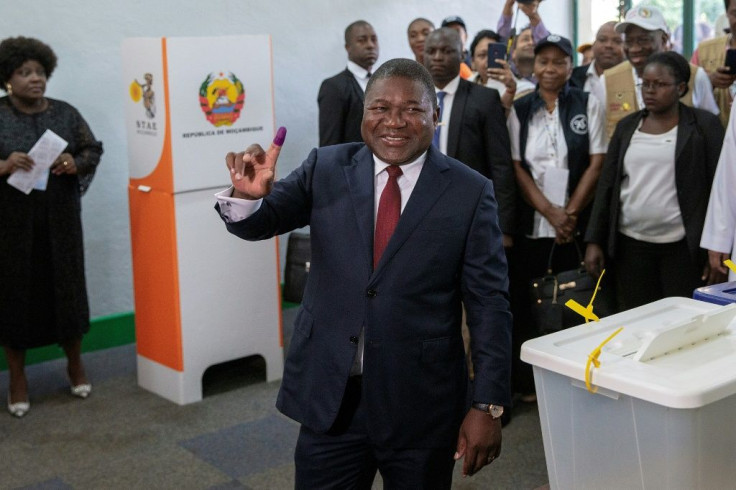
Mozambique voted in a general election on Tuesday hailed by the president as a sign the country was progressing "peacefully", as fears the poll could be marred by violence proved unwarranted.
The Frelimo party, which has ruled the country since independence from Portugal in 1975, is widely expected to again beat its civil war foe Renamo, a rebel group turned main opposition party.
One of the most violent campaigns in the southern African country's history had sparked concerns the vote could test a fragile peace deal sealed earlier this year.
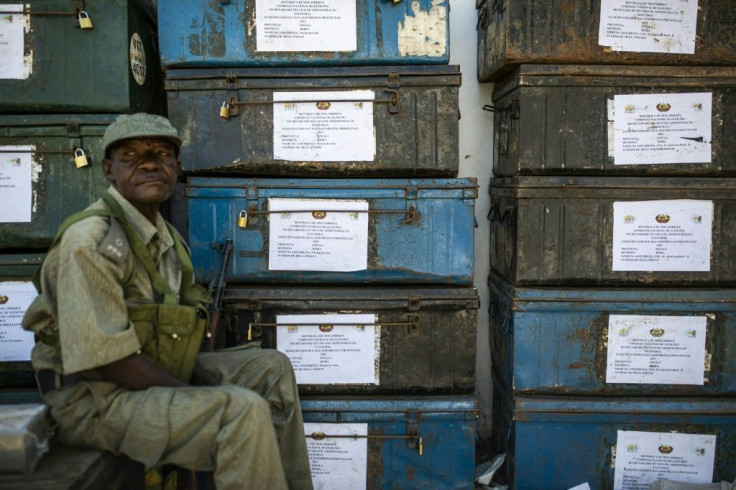
But polling stations closed at 6:00pm (1600 GMT) without serious incidents, according to local NGOs, although there were some reports of vote tampering.
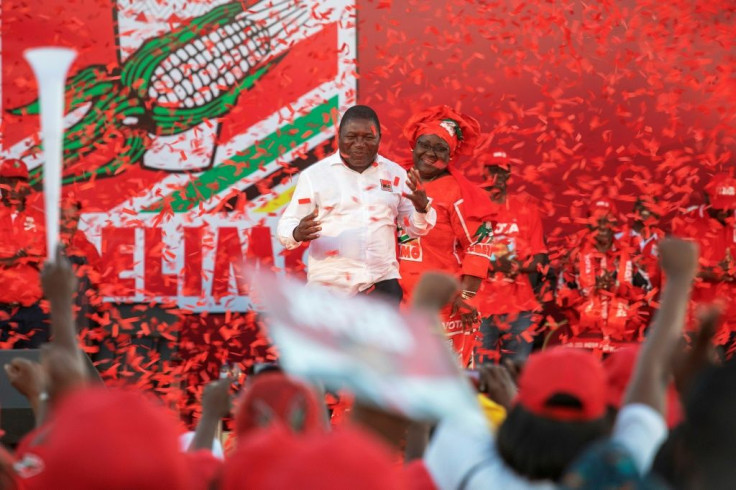
As he cast his ballot, President Filipe Nyusi said "Mozambique has chosen to move forward peacefully," adding that more than more than 4,000 observers had been deployed.
Nyusi, 60, is forecast to win a second five-year term despite his popularity taking a hit from chronic unrest and a financial crisis linked to alleged state corruption.
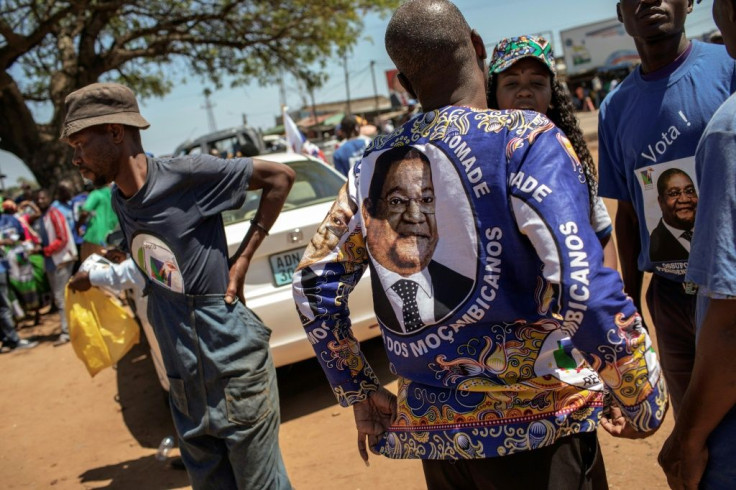
"It is clear that Filipe Nyusi will win," said 34-year-old Frelimo supporter Jose da Costa salesman after voting in the capital Maputo.
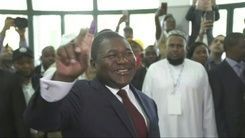
Ivandro da Costa, a 21-year-old mechanic, agreed.
"I think Nyusi will win but the process is not transparent. There is too much corruption in this country," he told AFP.
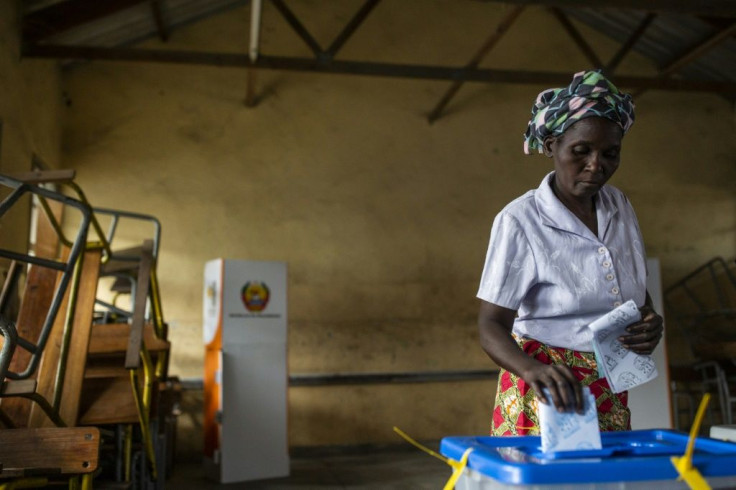
Around 13 million of Mozambique's 30 million citizens were registered to vote in elections for the presidency, parliament and provincial governors.
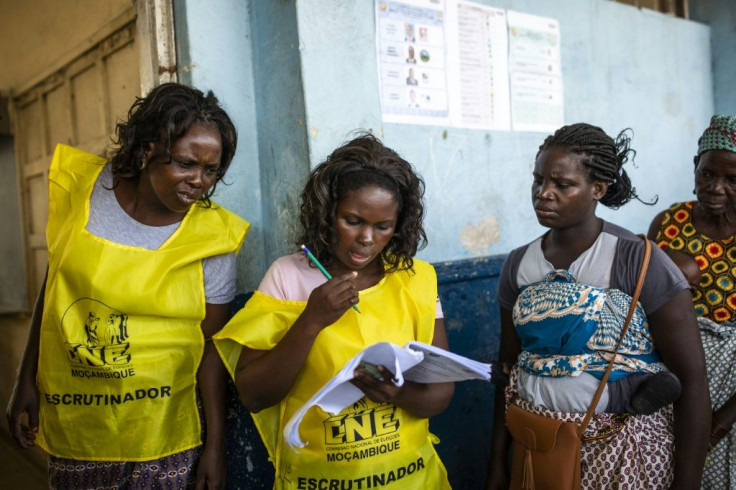
Vote counting has started and preliminary results are expected to be announced on Thursday.
But with some concerns over irregularities Renamo's presidential candidate Ossufo Momade, 58, warned that "if these results are manipulated we will never accept them, we do not want a return to the problems of the past."
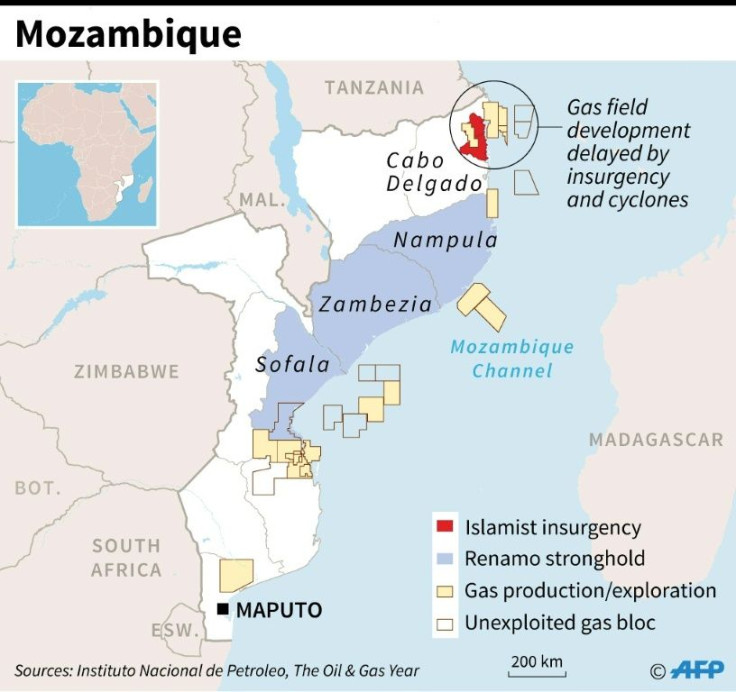
Claims of pre-marked ballots
After 44 years, Frelimo will see its stranglehold on power loosen due to a deal with Renamo to allow voters to elect provincial governors, who had previously been nominated by the government.
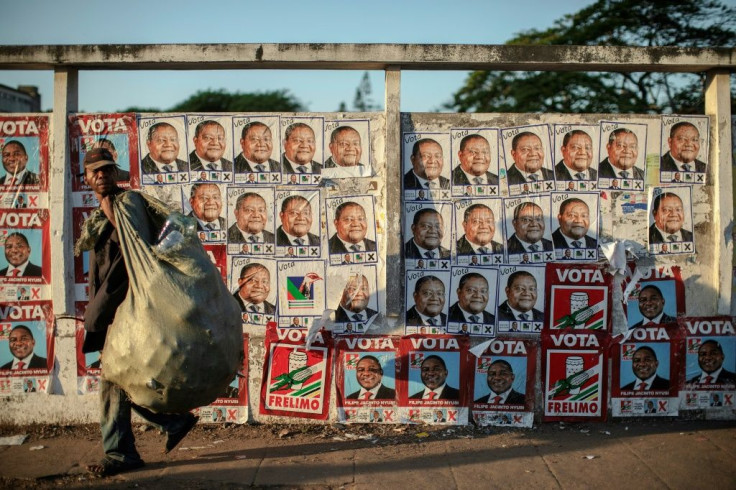
Renamo is predicted to take control of three to five of Mozambique's 10 provinces, according to analysts.
Momade heads a party of former anti-communist rebels who fought a brutal civil war with Frelimo from 1975-1992, devastating the economy and leaving almost one million people dead.
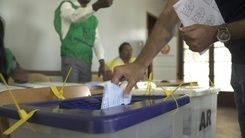
Renamo picked up arms again from 2013 to 2016, although tensions continued until Nyusi and Momade sealed the peace deal in August.
An armed breakaway faction of Renamo rejected Momade's candidacy and threatened the campaign.
As the vote neared candidates were threatened, election material destroyed, and deadly clashes broke out between rival party supporters.
The situation escalated last week when a prominent election observer was shot dead at the wheel of his car in the southeastern Gaza province by members of a special police unit.
Before the first vote was cast, the opposition had accused Frelimo of election tampering. Civil society groups estimated there are hundreds of thousands of "ghost voters" -- names on the electoral roll not aligned with real, potential voters.
"We noted some problems today in the provinces of Tete, Nampula and Zambezia, where voters were caught with several ballot papers marked in favour of Frelimo before casting their vote," said Dercio Alfazema of the election monitoring group Sala da Paz.
Election official Felisberto Naife confirmed the incidents, but did not comment further.
Lutero Simango, an MP of the country's third biggest party MDM, accused Frelimo of "using all state means, including police and secret services, to intimidate people".
He urged observers not leave the polling stations.
"Experience has shown us that on the day of voting the climate is peaceful and normal. The problems occur during the counting process," he said.
Scandals and setbacks
Frelimo, which suffered its worst result at the ballot box in 2018 local elections, has been severely weakened in recent years.
In 2016 it was revealed the government secretly borrowed $2 billion, sparking the worst financial crisis in the country's history and uncovering a vast corruption network with links to the regime.
The government is also battling to recover from two devastating cyclones in March which displaced nearly two million people.
And a shadowy jihadist insurgency that has killed hundreds in the northernmost Cabo Delgado province has delayed development of one of the government's biggest selling points -- the discovery of vast gas reserves that is hoped to put billions in state coffers and lift millions out of poverty.
© Copyright AFP 2024. All rights reserved.





















